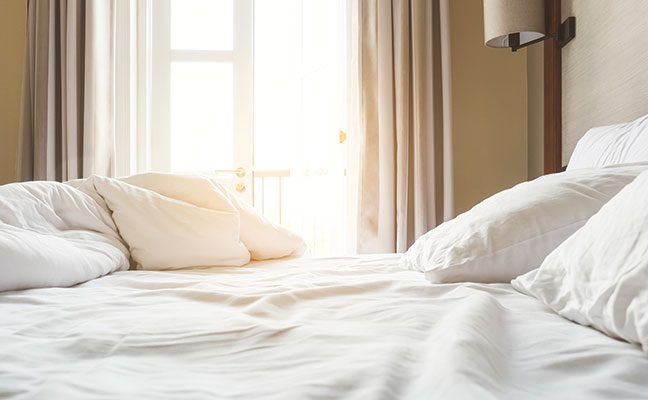Hotels, as sanctuaries of comfort and relaxation, often face unexpected challenges that can disrupt the serene experiences they promise. Among these challenges, dealing with wasps or bees can be particularly daunting. Not only are these insects a nuisance, but they can also pose safety risks to guests and staff. It's crucial for hotels to have effective strategies in place to manage these buzzing invaders.

Understanding the Problem: Why Wasps and Bees Invade Hotels
Bees and wasps are attracted to hotels for various reasons. Often, it's the sweet scents from floral arrangements or the sugary residues from outdoor dining areas that lure these insects to hotel premises. The presence of open trash bins and improperly sealed food can also attract wasps and bees, leading to potential infestations. Additionally, the architecture of some hotels, with their nooks and crannies, can offer ideal nesting sites for these insects.
Impact on Guest Experience
For guests, encountering wasps or bees can be more than just a minor inconvenience. Allergic reactions to stings can result in medical emergencies, and even the fear of stings can significantly detract from a guest's overall experience. In some cases, a hotels reputation can suffer if word spreads about a bee or wasp problem, leading to potential financial losses.
Proactive Measures: Prevention is Key
To effectively manage the risk of bee and wasp infestations, hotels must adopt proactive measures. Regular inspections of hotel grounds are essential to identify and eliminate potential nesting sites. Installing pest-proof trash bins and ensuring that all food storage areas are sealed can significantly reduce the attraction for these insects. Moreover, maintaining clean outdoor dining areas and promptly cleaning up spills can prevent wasps and bees from being drawn to these spaces.
Natural Repellents and Landscaping
Hotels can also embrace natural repellents to deter wasps and bees. Planting repellent flora such as eucalyptus, peppermint, and citronella can help keep these insects at bay. Additionally, strategic landscaping can discourage nesting by eliminating potential habitats within the hotel's vicinity.
Professional Pest Control: A Necessary Partnership
While prevention is the first line of defense, sometimes professional intervention is necessary. Partnering with pest control services experienced in dealing with wasps or bees can provide hotels with tailored solutions to handle infestations. These professionals can offer services such as safe nest removal and the application of environmentally friendly deterrents.
Innovative Solutions in Pest Management
The hospitality industry is increasingly turning to technology to manage pest issues. The use of apps and digital monitoring systems allows hotels to keep track of pest activity in real-time. For more insights into tech solutions for pest control, visit this tech solutions for rodent control.
Ensuring Safety and Satisfaction
Ultimately, the goal is to ensure both the safety and satisfaction of hotel guests. By combining preventative measures with professional pest control and innovative technology, hotels can effectively manage and mitigate the risks associated with wasps or bees. This integrated approach not only safeguards guests but also enhances the reputation of the hotel, ensuring a delightful stay for all.
For more detailed information on how hotels manage pest control, check out this comprehensive guide on pest management at hotels and resorts.

FAQ Section
What should guests do if they encounter wasps or bees in a hotel?
Guests should remain calm and avoid swatting at the insects. If possible, they should notify hotel staff immediately so that the situation can be handled professionally.
How can hotels ensure that wasp or bee problems do not recur?
By implementing regular inspections, maintaining cleanliness, and utilizing professional pest control services, hotels can minimize the likelihood of recurring problems.
Are natural repellents effective against wasps and bees?
Yes, natural repellents like eucalyptus and peppermint plants can be effective in deterring wasps and bees. However, they should be used as part of a comprehensive pest management strategy.
For more insights into how hotels maintain a pest-free environment, explore mice monitoring in hotels and discover how technology aids in pest management.
